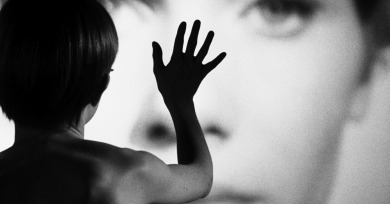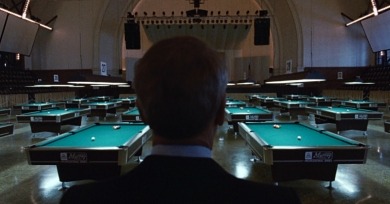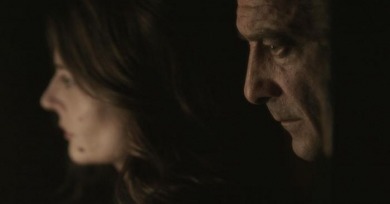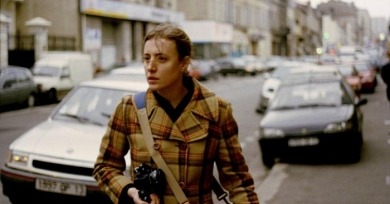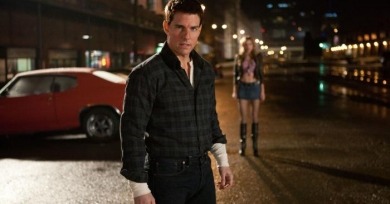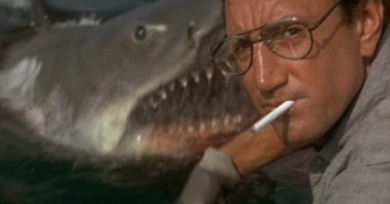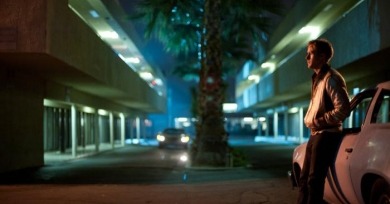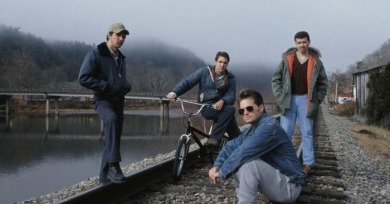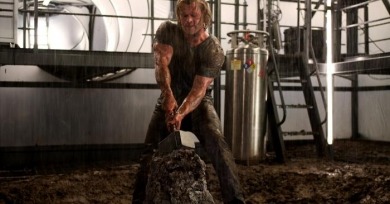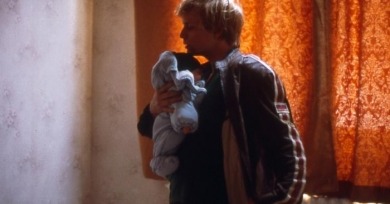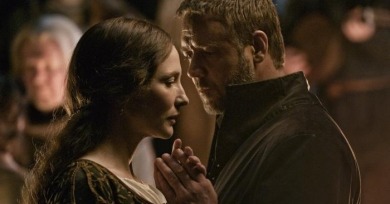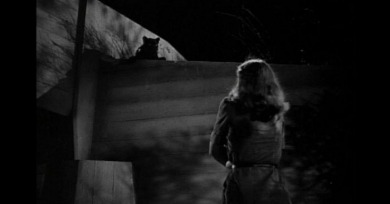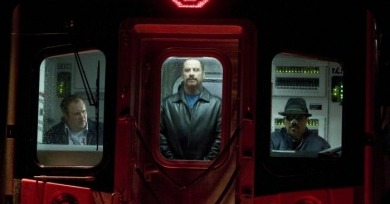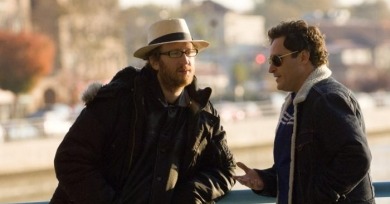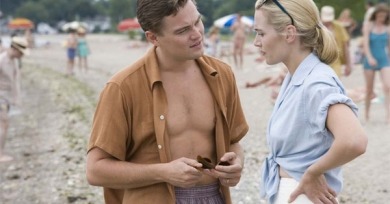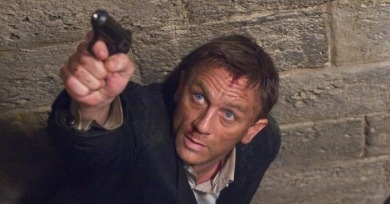Andrew Tracy
Bergman establishes words as a wholly cinematic element in their own right: an element that physically fills space in the film, that constitutes one of the indissoluble foundations of the film.
From Who’s That Knocking at My Door to The King of Comedy, Scorsese’s is a cinema of losers—of stunted men whose sad fates, though they might elicit our sympathy, do not qualify as tragedy because they had nothing of greatness in them to begin with . . . The Color of Money, conversely, is about winners.
It’s a disturbing testament to Denis's artistry that the most plangent impression left by Bastards is of its beauty, even as it is ultimately her most horrifying film since the cannibal holocaust that is 2001’s Trouble Every Day.
Working”—as opposed to such grander appellations as “creating”—seemed to define much of what was most valuable in cinema during the decade.
Dingy, underlit, overlong, and fatally po-faced when a little levity would have gone a long way, Jack Reacher is a profoundly bad movie, which is not the same thing as an interestingly bad movie.
Too often, to these eyes at least, Petzold’s precision seems merely neat, his ambiguities calculated, his ironies pat, his cleanliness sterile. If not quite the reductio ad absurdum of the contemporary international minimalist style, Petzold is at least a good argument for its potential limitations.
Without the pop-existentialist gloss of Duel, Jaws pointed the way towards the “classic” Spielberg cinema of wordless sensation—located anywhere on the spectrum from terror to bliss—raised to the level of the absolute, sensation shorn of anything outside our own willingness to experience it.
Drive is a useful example of the ways in which opportunistic filmmakers can fuse art-house gestures with baldly commercial material, particularly the idea that playing clichés straight equals a Bressonian revelation of their “essence.”
What are we talking about when we talk about “authenticity” in American cinema—or, to whittle down the hundreds of iterations of that slippery term to mere dozens, authenticity in regards to social reality?
Stripped of his powers and biding his time in a tiny New Mexico town that looks like it consists of one dusty block, Hemsworth turns out to be a real stand-up guy, charming as he smashes coffee mugs with pleasure and grunts to the waitress for more drink.
Passing the wad of bills to the gloved hand in the window, Bruno anxiously inquires whether the child is outside—and the only answer he receives is the prolonged sound of the bills being methodically flicked and counted by a well-schooled thumb.
The old dictum “you’re only as good as your last picture” appears to apply far less universally than one might think.
If The Son is the first among equals in the Dardennes’ remarkable body of work, it is because its dramatic crux most perfectly articulates the suggestively epic power ingrained in their determinedly and deceptively small-scale workings.
A Few Great Pumpkins
The Leopard Man, Onibaba, Paranormal Activity, The Uninvited, La Cabina, Witchfinder General, Fantasia
It is at best naïve, at worst wholly disingenuous, to evaluate the work of a commercial artist without weighing the commerce in equal proportion to the art.
When looking to lay the deserved blame for an abortion such as the new The Taking of Pelham 123, the names on the screen are most often not an answer but merely a clue.
By the time Craig briefly displays his brawny physique as he emerges from the ocean, Campbell has decisively made him into an object to be looked at.
"A lot of who you are is going to find its way onto the screen regardless of your own efforts. Your work will always be marked by who you are and where you came from. Hell, even something as ridiculous as the weather can exert a huge influence over who you are as a person."
Let’s put it plain: in any sane world, Revolutionary Road would be laughed off as a joyless embarrassment before we moved on to more pressing business.
The problem with probing each new Bond entry for sociological significance is that the series has always actively contributed to the tenor of its present moment rather than simply reflecting it, as all good capitalist enterprises should.
